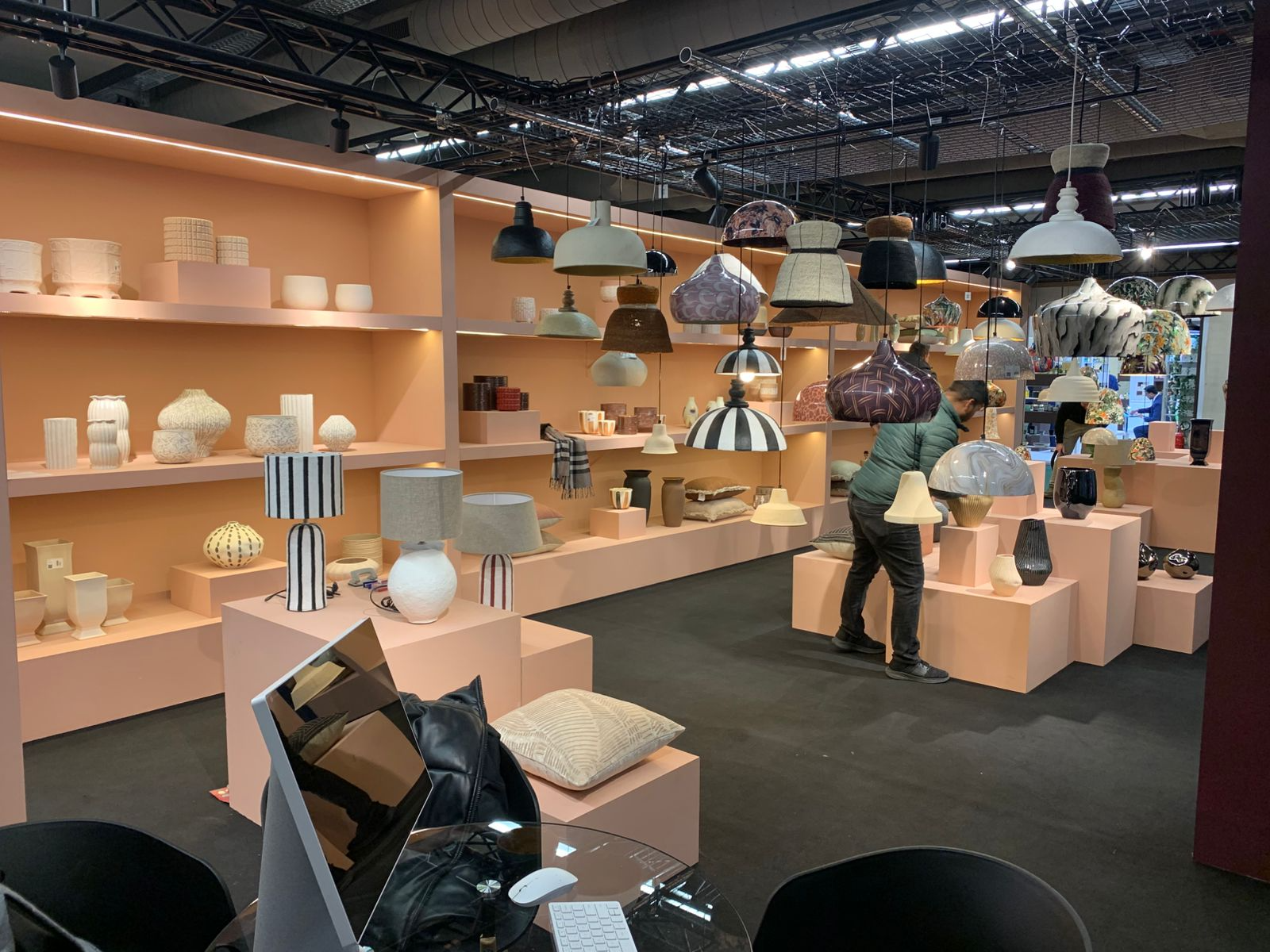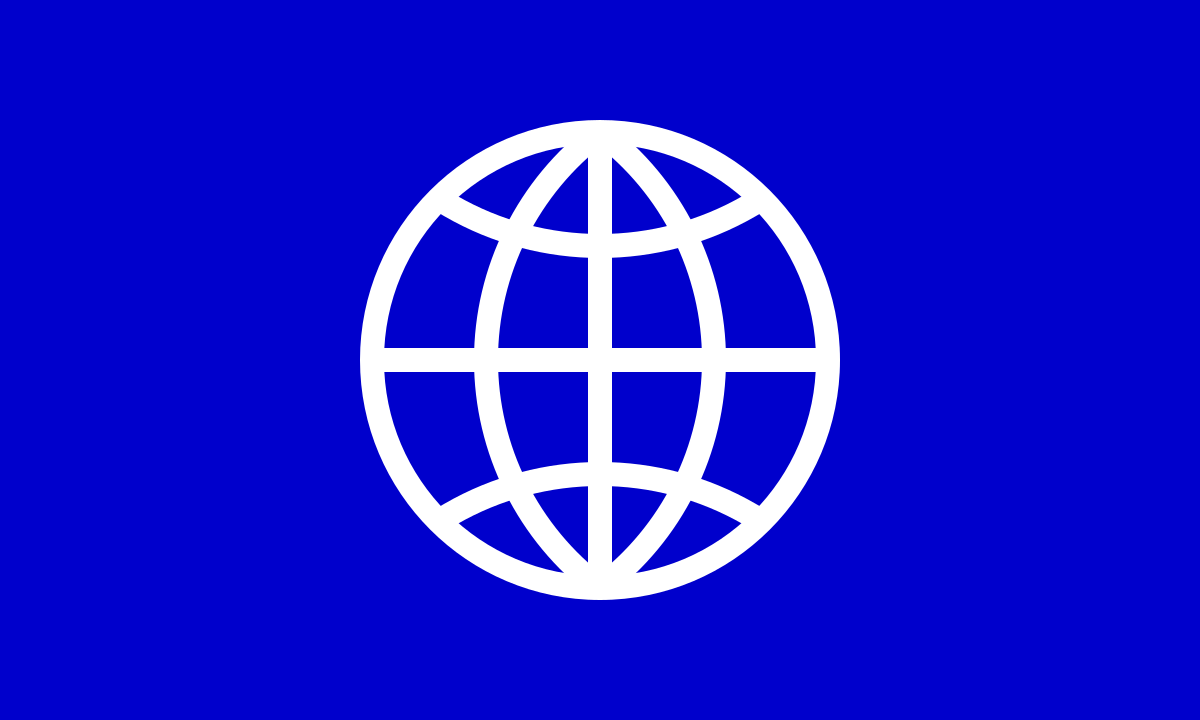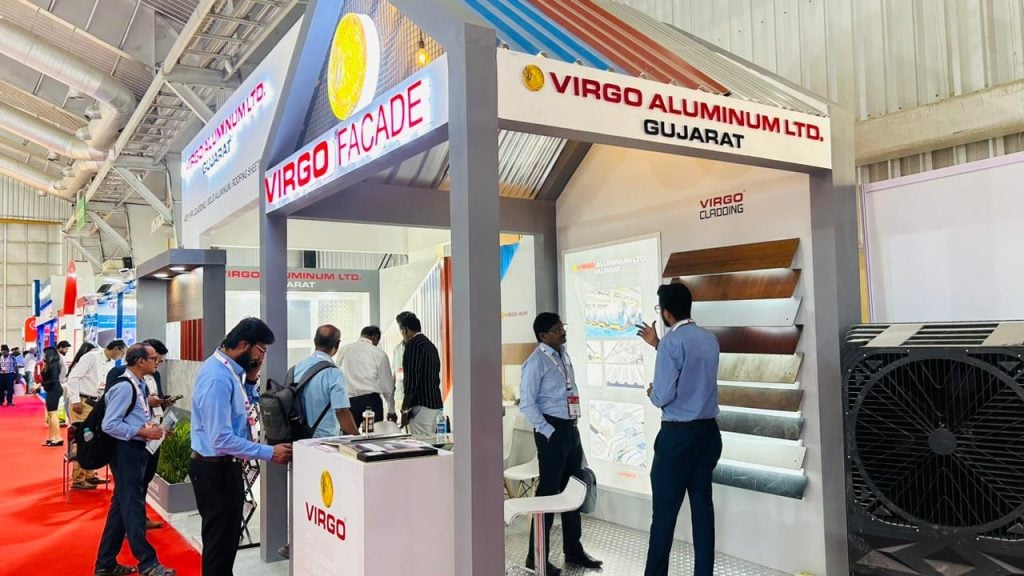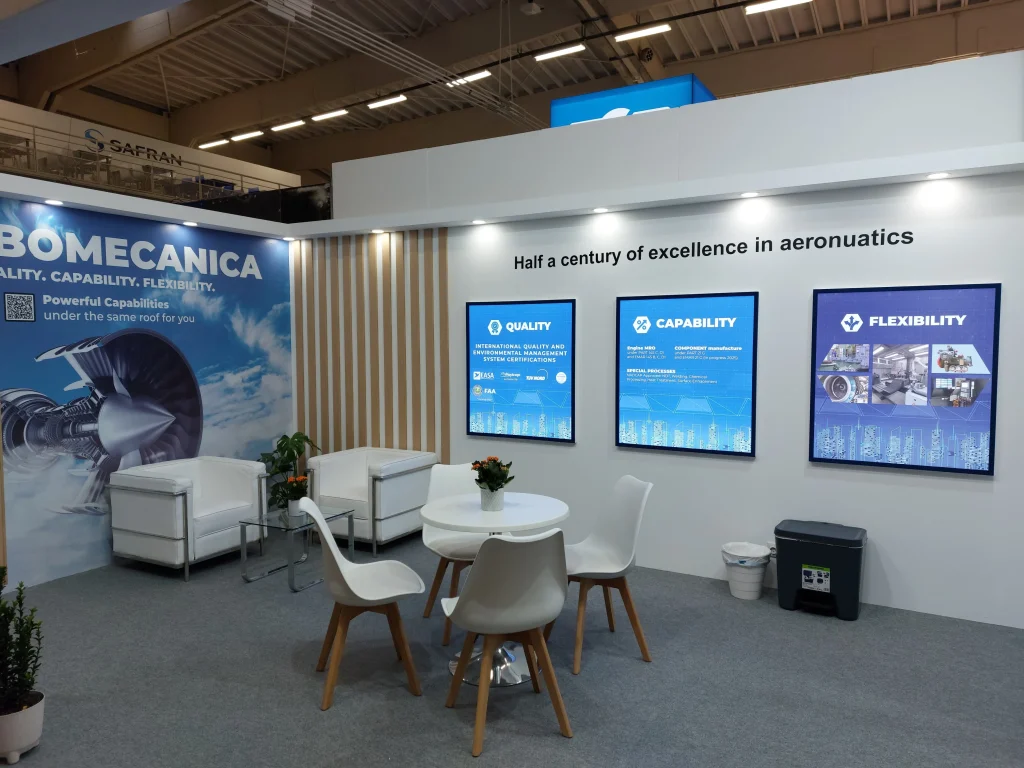
Introduction: Why European Trade Shows are Evolving
Europe has long been the epicenter of global trade shows, hosting world-class exhibitions across industries like technology, automotive, pharmaceuticals, and luxury goods. However, shifting economic landscapes, digital transformation, and sustainability initiatives are reshaping how trade shows operate in 2025 and beyond.
For exhibitors and businesses, understanding these changes is key to identifying new opportunities, tapping into emerging markets, and staying ahead of competitors. This article explores the future of European trade shows, highlighting new trends, rising markets, and how businesses can leverage them for long-term success.
1. Emerging Trade Show Markets in Europe
Why It Matters:
While traditional hubs like Germany, France, and the UK remain dominant, new trade show markets are gaining traction due to economic growth, industrial development, and increased foreign investment.
Key Emerging Markets to Watch:
- Poland – Rapidly becoming a trade show hub for technology, manufacturing, and logistics, with growing events in Warsaw, Krakow, and Poznań.
- Portugal – Rising as a destination for green energy, tourism, and digital startups, with Lisbon and Porto leading the way.
- Czech Republic – Strengthening its presence in automotive, engineering, and aerospace trade shows.
- Hungary – Attracting exhibitors in pharmaceuticals, biotechnology, and industrial automation.
- Romania – Hosting an increasing number of events in software development, e-commerce, and financial technology (fintech).
Pro Tip: Businesses looking to enter new European markets should consider attending or exhibiting at trade shows in these emerging regions to gain early-mover advantages.
2. How Technology is Revolutionizing Trade Show Experiences
Why It Matters:
European trade shows are increasingly integrating smart technology, AI-driven analytics, and immersive experiencesto boost engagement and efficiency.
Key Tech Trends in European Trade Shows:
- AI-Powered Lead Capture & Personalization – AI-driven systems analyze visitor behavior in real time to offer tailored content and product recommendations.
- Hybrid & Virtual Reality Exhibits – More shows are combining in-person networking with digital experiences, allowing remote attendees to participate.
- Smart Booth Analytics – Exhibitors now use real-time heat maps and foot traffic tracking to adjust booth strategies dynamically.
- Augmented Reality (AR) Product Demonstrations – AR allows visitors to interact with virtual versions of products, reducing the need for large physical displays.
- Blockchain for Secure Transactions – Some trade shows are experimenting with blockchain-powered digital contracts and transactions for international business deals.
Pro Tip: Work with a trade show booth design company that specializes in AI integration, hybrid event strategies, and digital transformation for trade shows.
3. The Impact of the Green Transition on Trade Shows
Why It Matters:
Sustainability is no longer just a corporate buzzword—European trade shows are enforcing strict green mandates, pushing exhibitors to adopt eco-friendly booth designs and sustainable business practices.
How Sustainability is Shaping European Trade Shows:
- Carbon-Neutral Exhibitions – Events like EuroShop and InterSolar Europe are setting sustainability benchmarks with carbon footprint tracking and carbon offset programs.
- Eco-Friendly Booth Materials – Recycled aluminum, bamboo, and modular booths are now standard in sustainable exhibit design.
- Elimination of Single-Use Plastics – Many European trade shows have banned plastic giveaways, disposable banners, and printed brochures.
- Waste Management & Recycling Initiatives – Exhibitors must comply with strict recycling guidelines and waste reduction policies.
- Sustainable Energy Usage – Venues are adopting solar power, energy-efficient lighting, and smart grid systems.
Pro Tip: Brands that prioritize sustainability in their trade show strategy will gain greater visibility and credibility among eco-conscious audiences.
4. Post-Brexit Trade Show Changes and Their Impact on Exhibitors
Why It Matters:
Brexit has altered the trade landscape between the UK and EU, creating new regulations that impact booth logistics, VAT, and exhibitor participation.
How Brexit Has Affected European Trade Shows:
- Stricter Customs Rules for UK Exhibitors in the EU – Companies must now deal with customs declarations, VAT registration, and additional logistics planning.
- Rising Costs for Cross-Border Shipping – Increased paperwork and trade barriers have led to higher shipping fees and longer delivery times.
- Shifting Trade Show Locations – Some major exhibitions that were historically held in the UK are now expanding to mainland Europe.
- New Trade Agreements & Tariff-Free Exhibiting Options – Some industries benefit from specific post-Brexit trade agreements, allowing smoother participation.
Pro Tip: Work with a trade show logistics expert to navigate post-Brexit challenges efficiently and ensure a seamless exhibit experience.
5. The Growth of Regional & Niche Industry Trade Shows
Why It Matters:
While major international trade shows remain important, there is a growing demand for specialized, regional, and industry-focused exhibitions.
Examples of Niche Trade Shows on the Rise:
- Tech & AI-Specific Events – New trade shows focusing solely on AI, machine learning, and data analytics.
- Sustainable Energy & ESG Exhibitions – With the EU pushing for net-zero goals, events like The Smarter E Europe are expanding.
- Luxury & High-End Product Trade Shows – A rise in ultra-premium consumer goods exhibitions across France, Italy, and Switzerland.
- Health & Biotech Conferences – With Europe leading in biotech innovation, new industry-specific trade shows are emerging.
Pro Tip: For higher ROI and more targeted networking, exhibitors should consider attending niche trade shows specific to their sector rather than only focusing on large general exhibitions.
6. Future-Proofing Exhibit Strategies for European Markets
How Businesses Can Stay Ahead:
Invest in Hybrid Exhibit Strategies – Balance in-person trade shows with digital engagement tools.
Prioritize Eco-Friendly Booths – Work with an exhibition booth design company that specializes in sustainable solutions.
Optimize Trade Show Logistics – Plan for customs changes, VAT regulations, and cross-border freight management.
Use AI & Smart Booth Analytics – Leverage real-time data insights to improve trade show performance.
Expand to Emerging Trade Show Markets – Consider exhibiting in Poland, Portugal, Hungary, and the Czech Republic.
Conclusion: The Future of European Trade Shows is Here
The European trade show industry is evolving rapidly, with new trends shaping how exhibitors design booths, engage audiences, and generate leads. Businesses that embrace technology, sustainability, and strategic market expansion will gain a competitive advantage in 2025 and beyond.
Is Your Exhibit Strategy Ready for the Future?
Partner with a top trade show booth design company to stay ahead in the evolving European trade show market.


 Global
Global USA
USA

